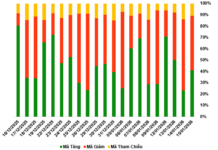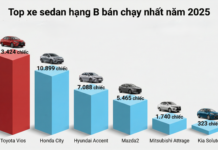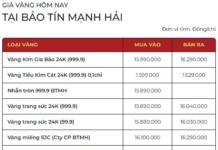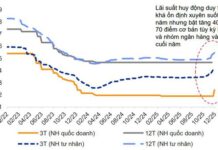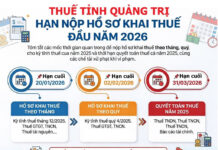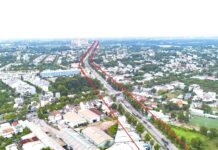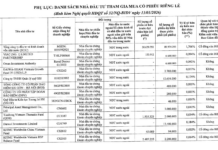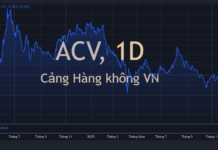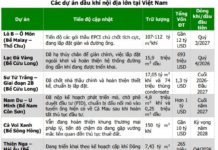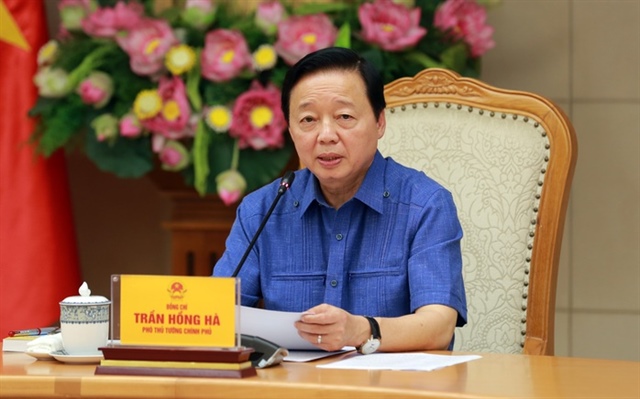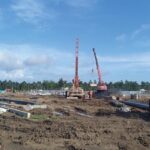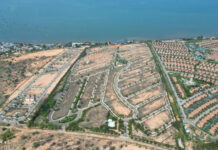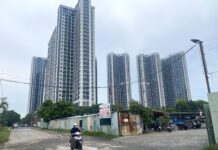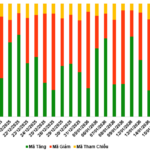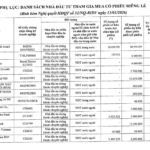On the afternoon of the 5th of August, Deputy Prime Minister Tran Hong Ha chaired a meeting with ministries and branches, with online connections to 17 provinces and cities regarding amendments to regulations on land use fees, land rental (Decree 103/2024/ND-CP), and the Land Development Fund (Decree 104/2024/ND-CP).
According to the Deputy Prime Minister, the 2024 Land Law was built with a listening spirit and a focus on grassroots levels, and has undergone fundamental revisions. However, during the implementation process, many localities faced difficulties, especially regarding land finance.
The issuance of legal documents was lacking in specificity and clarity, leading to inconsistent organization and challenging application in localities, particularly given the diverse socio-economic conditions and unique characteristics of each region. The implementation process was also rigid and lacked flexibility, making it unsuitable.
Therefore, amending the regulations in Decree 103 and Decree 104 is necessary to meet practical demands. At the meeting, the delegates discussed issues with differing opinions regarding the amendment and supplementation of Decree 103, as well as the proposed solutions from the Ministry of Finance.
Specifically, they focused on the regulation regarding the additional amount of money that land users must pay for the period when land use fees were not calculated. The meeting reached a consensus on the Ministry of Finance’s proposed collection level and timing for this additional collection.
During the discussion, Deputy Prime Minister Tran Hong Ha emphasized the importance of having a clear basis for determining the collection level and timing, clearly defining the responsibilities of the state and enterprises, ensuring fairness, and providing relief to businesses to promote development and prevent waste.
Regarding land use fee calculations when converting agricultural land to residential land, the Deputy Prime Minister noted that, according to local feedback, land prices have increased dramatically, resulting in significantly higher payments for people compared to before.
Thus, the Deputy Prime Minister instructed a distinction to be made between those who use land for legal production and business purposes and those who speculate or leave the land uncultivated, delaying project implementation. For first-time homeowners accessing land, the calculation should be adjusted to match their payment abilities and ensure practical access, especially in rural and underprivileged urban areas.
Based on the general framework provided by the government, the Provincial People’s Councils will determine the subjects and collection levels for those converting land-use purposes for the first time, as well as the difference between within and beyond the limit. Additionally, localities can apply exemption and reduction policies for land use fees for policy beneficiaries, such as ethnic minorities, the poor, those with achievements, and those residing in difficult areas, similar to current policies.
|
The Ministry of Finance also proposed solutions regarding the calculation of land use fees and land rental when handling transitions in cases where competent state agencies recalculate and there is an increase in land use fees or land rental compared to the previously notified amount. Handling compensation, support, and resettlement expenses (for projects with multiple land use forms, cases where competent state agencies decide to allocate land according to the project’s progress, land recovery progress, compensation, support, and resettlement); |
Minh Chien
– 19:53 05/08/2025
Unlocking the Potential: Strategic Discussions on Land Matters with Government and Provincial Leaders
“During the meeting on the afternoon of August 5th, Deputy Prime Minister Tran Hong Ha emphasized that for first-time homeowners, land access fees should be calculated with consideration for their payment capabilities. It is crucial to ensure equitable access and practical benefits, especially in rural and underprivileged urban areas.”
Unlocking Land Potential: Reducing Financial Burdens for Citizens When Changing Land Use
“The surge in land prices has led to a significant increase in financial burden for locals, according to Deputy Prime Minister Tran Hong Ha. The sudden spike in land values has resulted in a substantial rise in costs for residents, as indicated by reports from local authorities.”
Unlocking Land Potential: Reducing Financial Burdens for Citizens when Changing Land Use Purposes
“The surge in land prices has led to a significant increase in financial burden for locals, as reported by provincial authorities and acknowledged by Deputy Prime Minister Tran Hong Ha. The sudden spike in land values has resulted in a substantial rise in costs for residents, highlighting a pressing issue that demands attention and thoughtful resolution.”
The Hottest News: Ho Chi Minh City Implements a 3-Tier Land Pricing System
The leaders of Ho Chi Minh City’s People’s Committee have initiated the process of establishing land price tables for the first time, in accordance with the Land Law of 2024.


